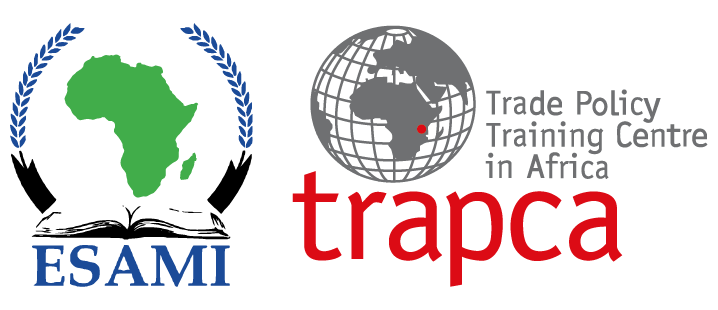Course Overview
The services sector bears increasing relevance for economic diversification and development in Africa. However, this may only be possible if African Countries put in place policies that would enable them to benefit from trade in services. Consequently, this course aims at equipping participants with knowledge of key trade in services disciplines and their relevance in the process of preparing national regulations on services. This will be achieved through consideration of the following areas: structure of the General Agreement on Trade in Services and the key principles; key approaches in the liberalization of trade in services; underlying concepts for Trade in Services negotiations; tips in scheduling commitments; the utility of preferential services liberalization for African Countries; relevance of rules relating domestic regulation of trade in services under the GATS and their impact on ongoing domestic reform e orts in African Countries; and the need to situate service sector policy in national development plans.
Expected learning outcomes:
Content
Scheduling of Specific Commitments
Target group
Duration
2 Weeks
Venue and Date
Venue: Arusha, Tanzania
Date: 5 – 16 August 2024
Course Fees
$1,600
